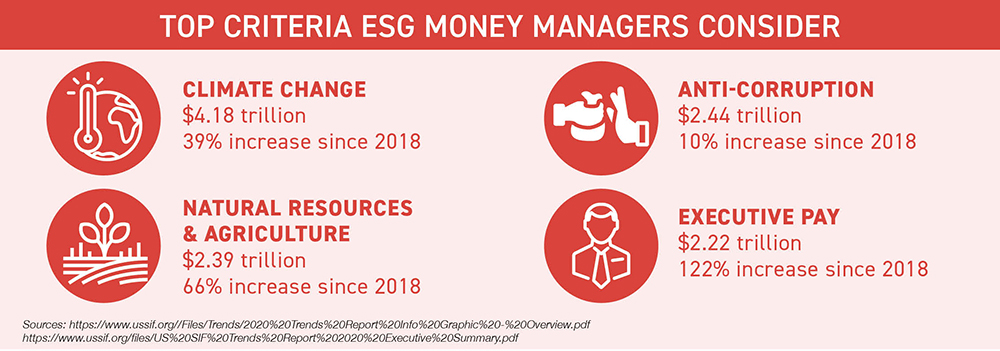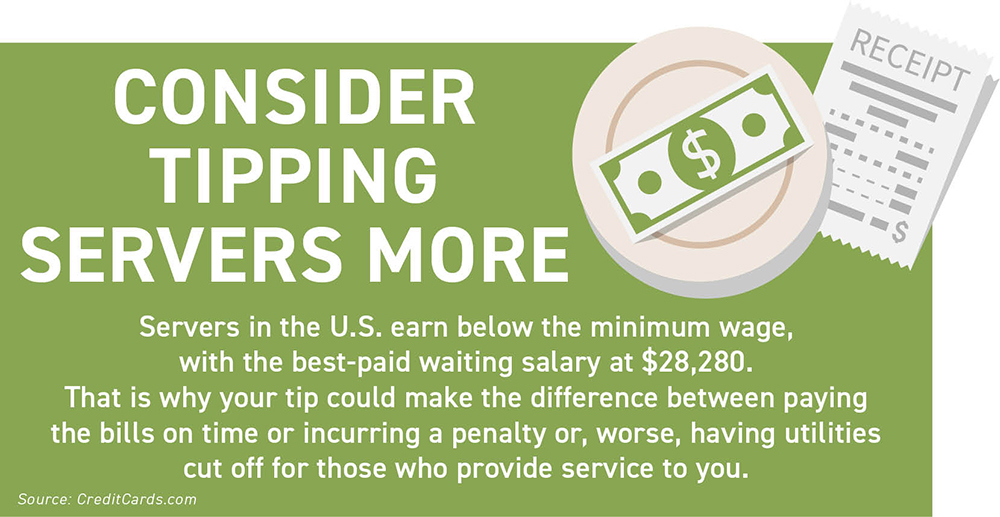Whether as an employee or an employer, you should know the laws governing tipped employment.
PAY RATE
Under federal law, employers must pay at least $2.13 per hour, as long as the hourly wage combined with the tips received equal the federal minimum wage of $7.25 per hour or more. If not, employers must make up the difference.
Keep in mind that many states require a higher hourly wage for tipped workers. In Oregon, it’s $12.75 per hour, and in Colorado, it’s $9.54 per hour.
COMMUNITY TIP POOL
Employees must retain all of their tips unless they participate in a valid tip pool or sharing agreement. Tip pooling is when the tips collected are put into a large “pool” and redistributed among a larger group of employees. An example is at a coffee shop where one employee may take orders, a few others make the drinks, and another busses and cleans tables after customers leave. Tip pooling ensures all workers receive their fair share of the tips.
Tip sharing doesn’t require an equal distribution of tips among employees. Usually, a distribution rate is set by the employer and includes employees who don’t customarily receive tips like dishwashers, chefs, and cooks. Employers, managers, and supervisors are prohibited from keeping employees’ tips, including those through a tip pool. Like pay rates, states have their own rules for tip pooling that may go beyond the federal requirements.
REPORTING
All cash tips are subject to Social Security, Medicare, and income tax. Employees are required to report monthly tip totals to the employer for tax reporting and withholding.
Employers must retain tip reports, withhold taxes on the hourly wage and tip income, and deposit the tax with the IRS. In addition, employers are also responsible for paying the employer’s share of Social Security and Medicare taxes.






